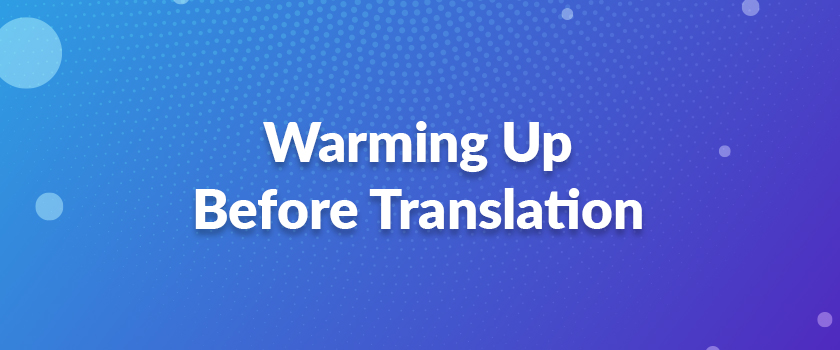When doing translation or edition, one thing annoys me the most is that sometimes I am not familiar with the subject I am about to translate/edit. It is a major problem which is often reflected in the client feedback.
Even most of the changes from the client are preferential, if we are familiar with the products/services or the field in which they are used, we can translate in a more natural way or use the jargon so as to provide the most professional service to our client.
Whenever I encounter this problem, the first thing I usually do is to consult reference materials on the internet, from the client’s website to whatever is helpful. It costs some time, of course, but if time allows, this warming-up exercise is really of great help.
For instance, if you are about to translate a derivative financial instrument, i.e. CreditSwaps, CreditOptions, Credit-LinkedNotes, something that everyman seldom gets to, you may have a general idea about them, but you may not know what their exact usages and how they work. At this moment, it’s helpful to search the relevant information on the internet to get a clear and specific idea about them.
Let’s see another example. When you are translating something relating to international settlement which you are not quite familiar with, you can consult some materials in connection with such subject, such as something used in the international settlement, i.e. bill of exchange, cheque, promissory note, and how to use them. See the following sentences:
A party to an instrument may authorize an agent to endorse the instrument but must specify the principal-agent relationship on the instrument.
票据当事人可以委托其代理人在票据上背书,但应在票据上注明其代理关系。
The board of directors may authorize any agent to enter into any contract or execute any instrument in the name of and on behalf of the corporation.
董事会可授权任何代理人以公司的名义并代表公司签订任何文书。
Pay attention to “instrument” in these two sentences and make a comparison. Generally, instrument means “仪器/工具”, but it means differently in different occasions. In the international trade, it has the meaning of “票据”(bill), while in the business contract, it may mean“文书”(formal document).
Taking time to consult reference materials beforehand may help your translation be more accurate, especially when you are not familiar with the subject. Moreover, taking time to do warming-up exercises may also help saving time during the course, so why not?
Read Also: Thoughts on Translation



